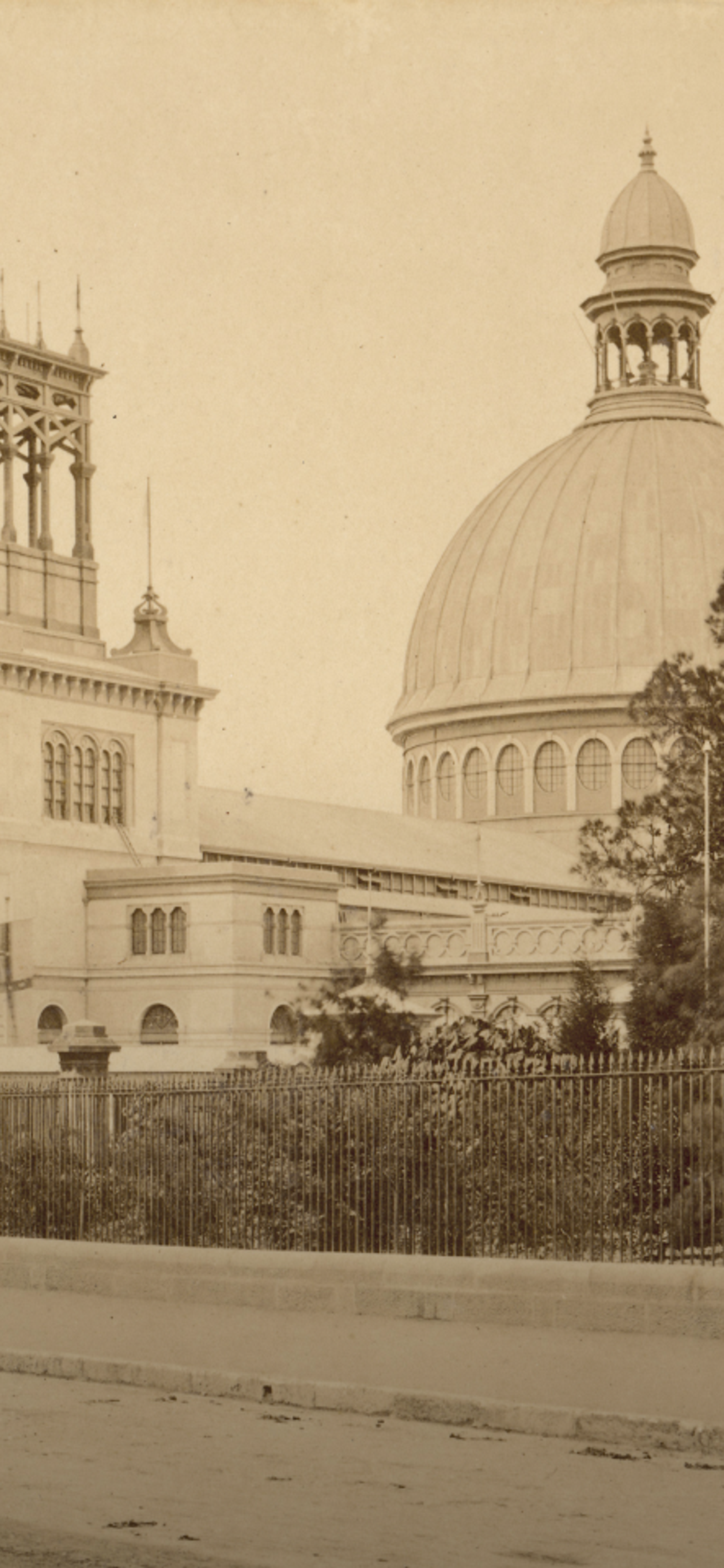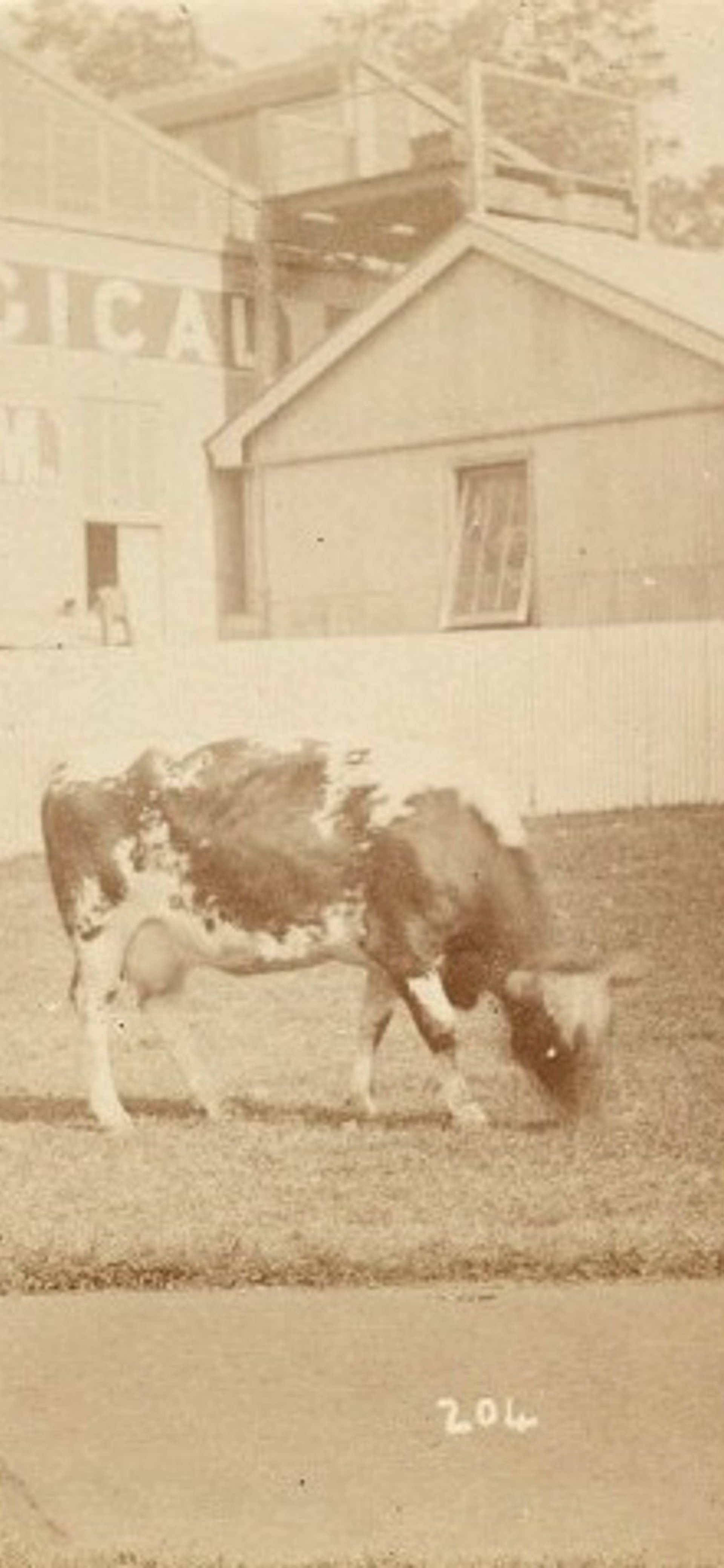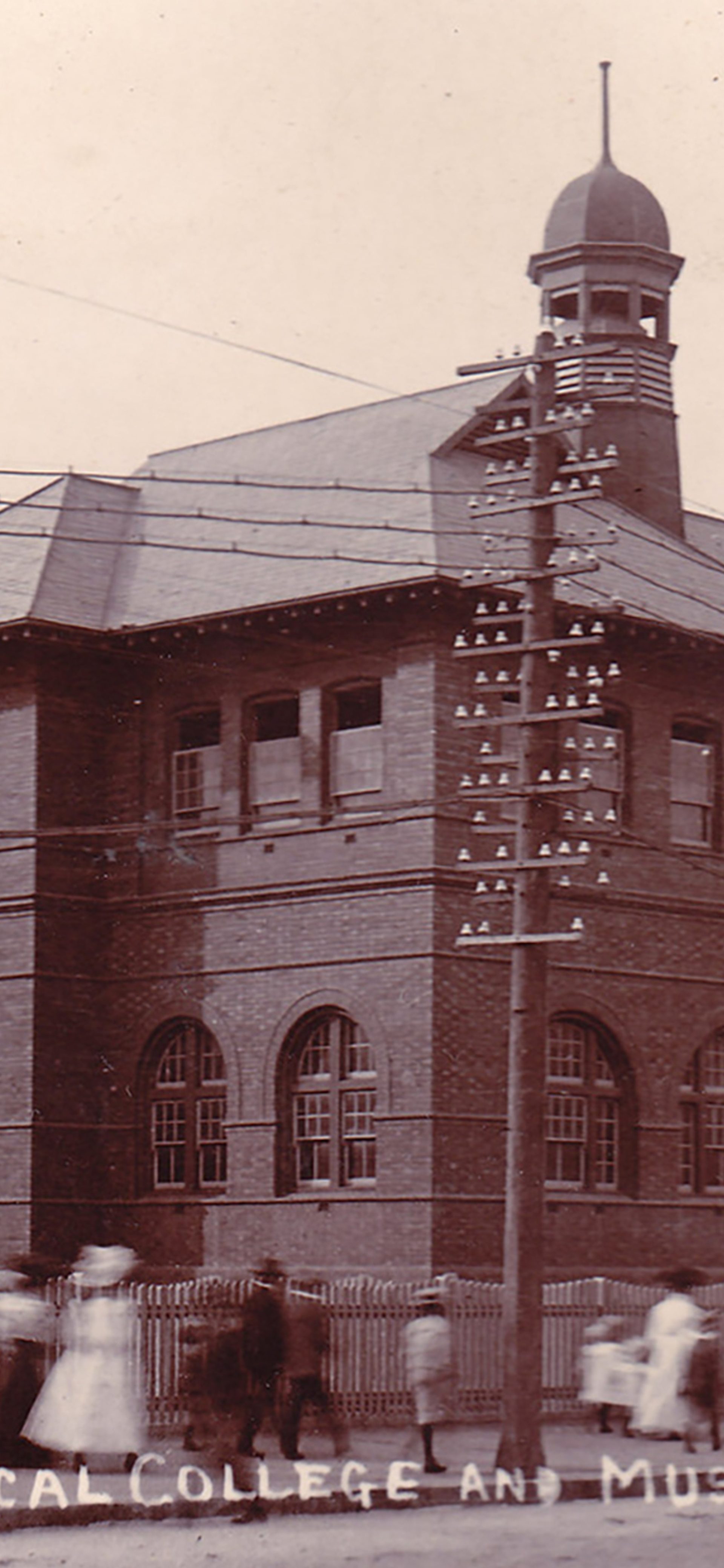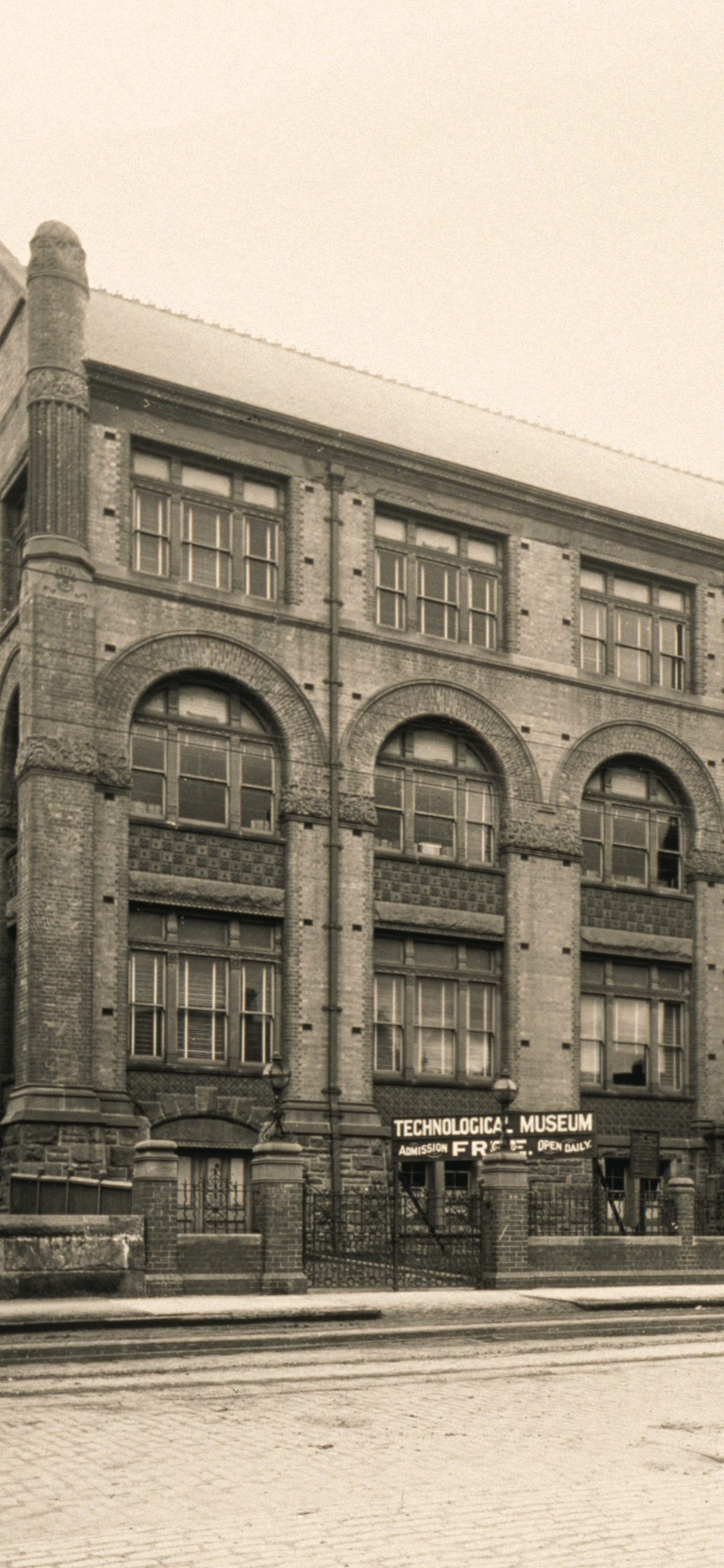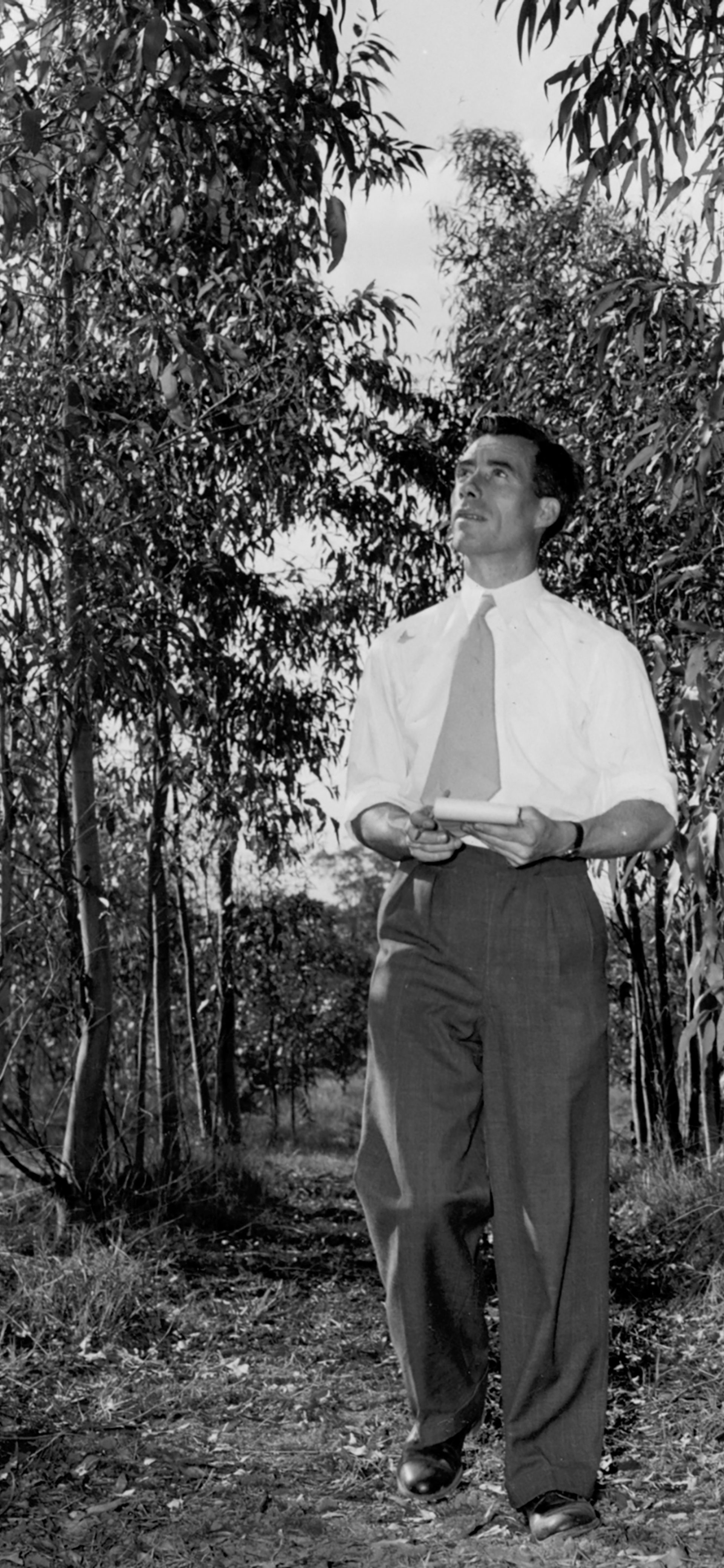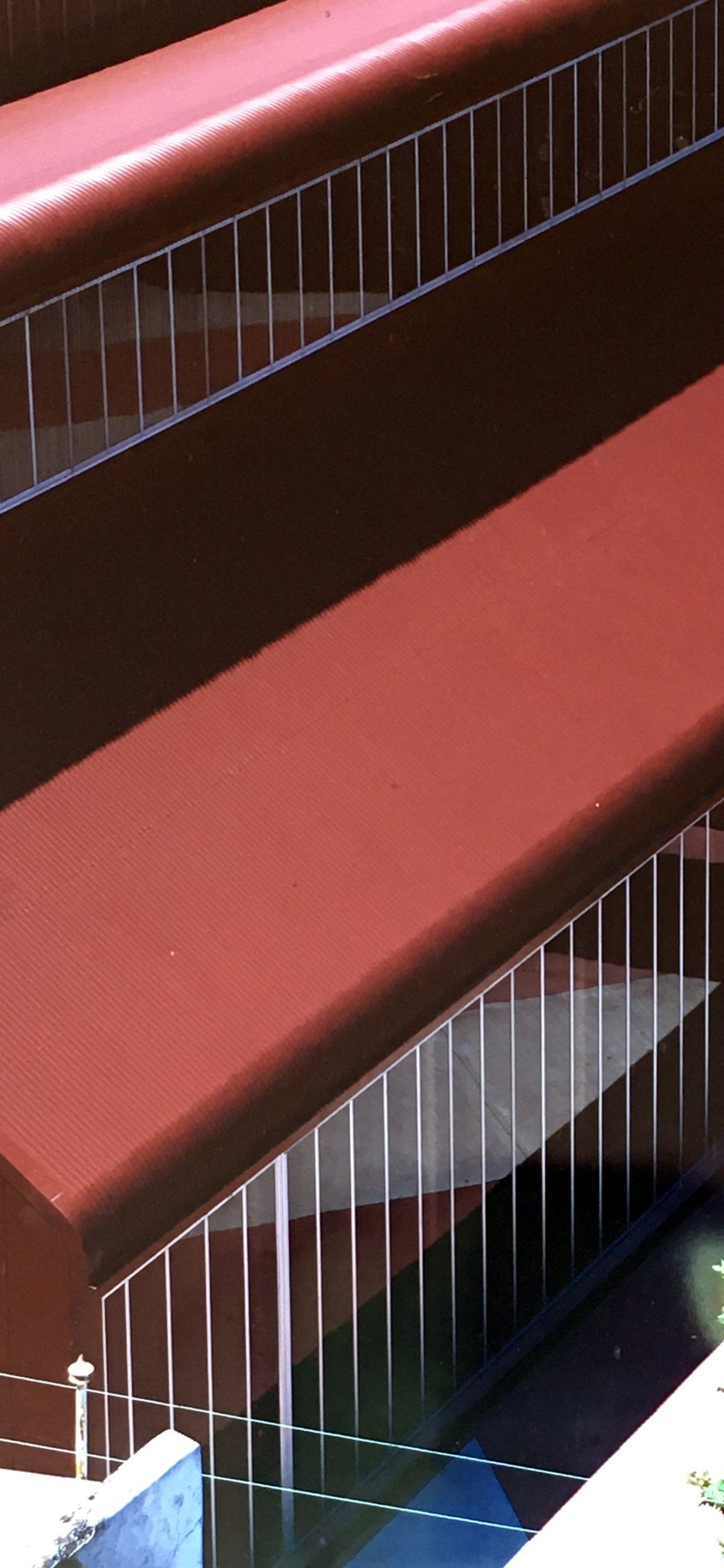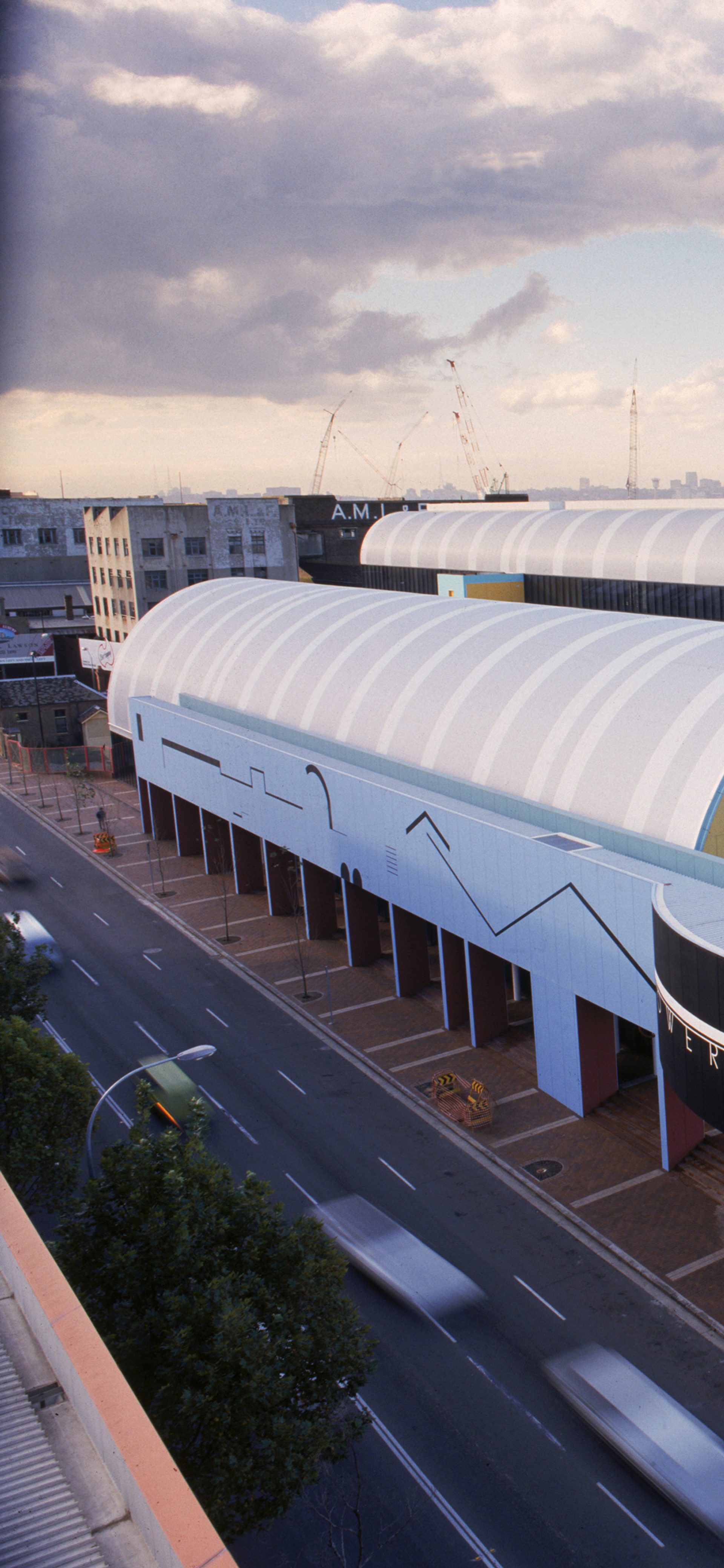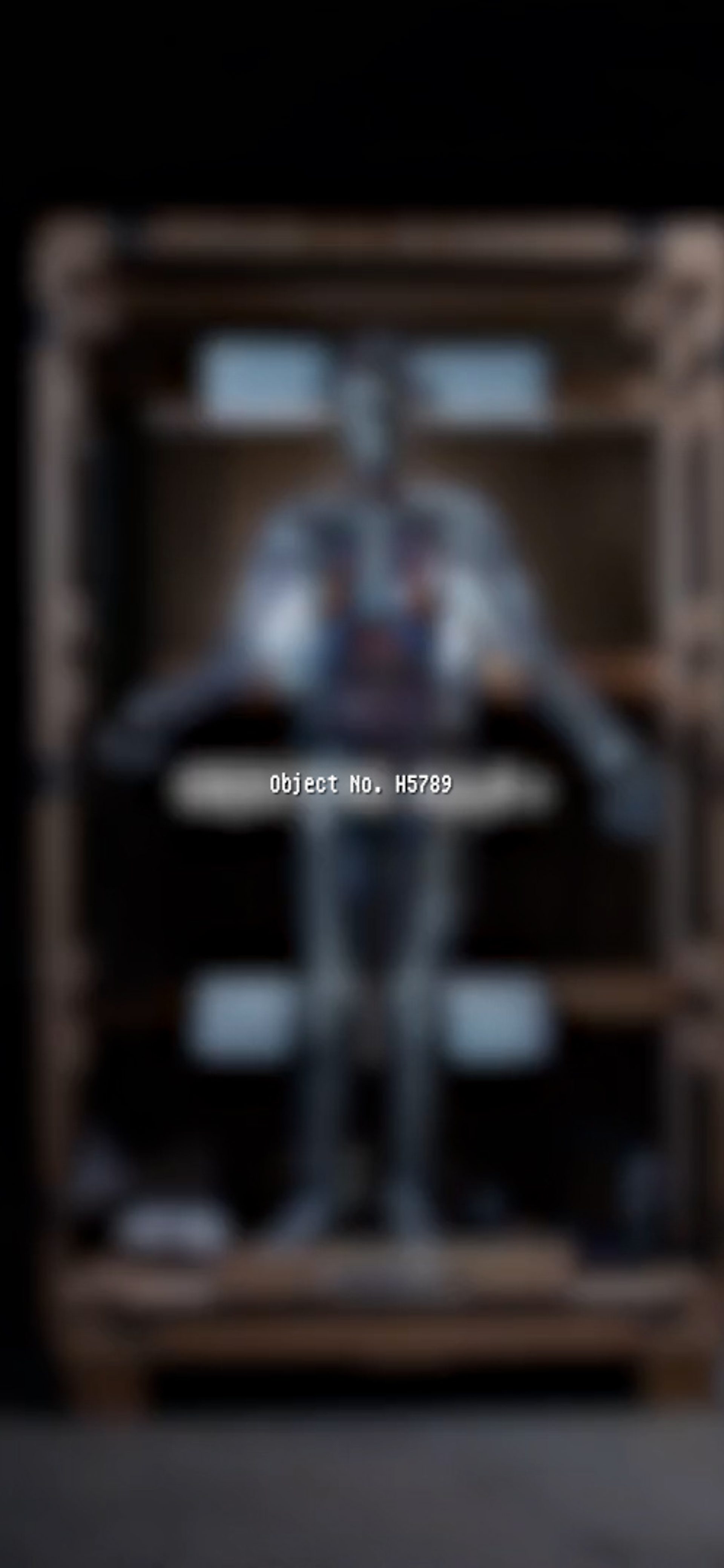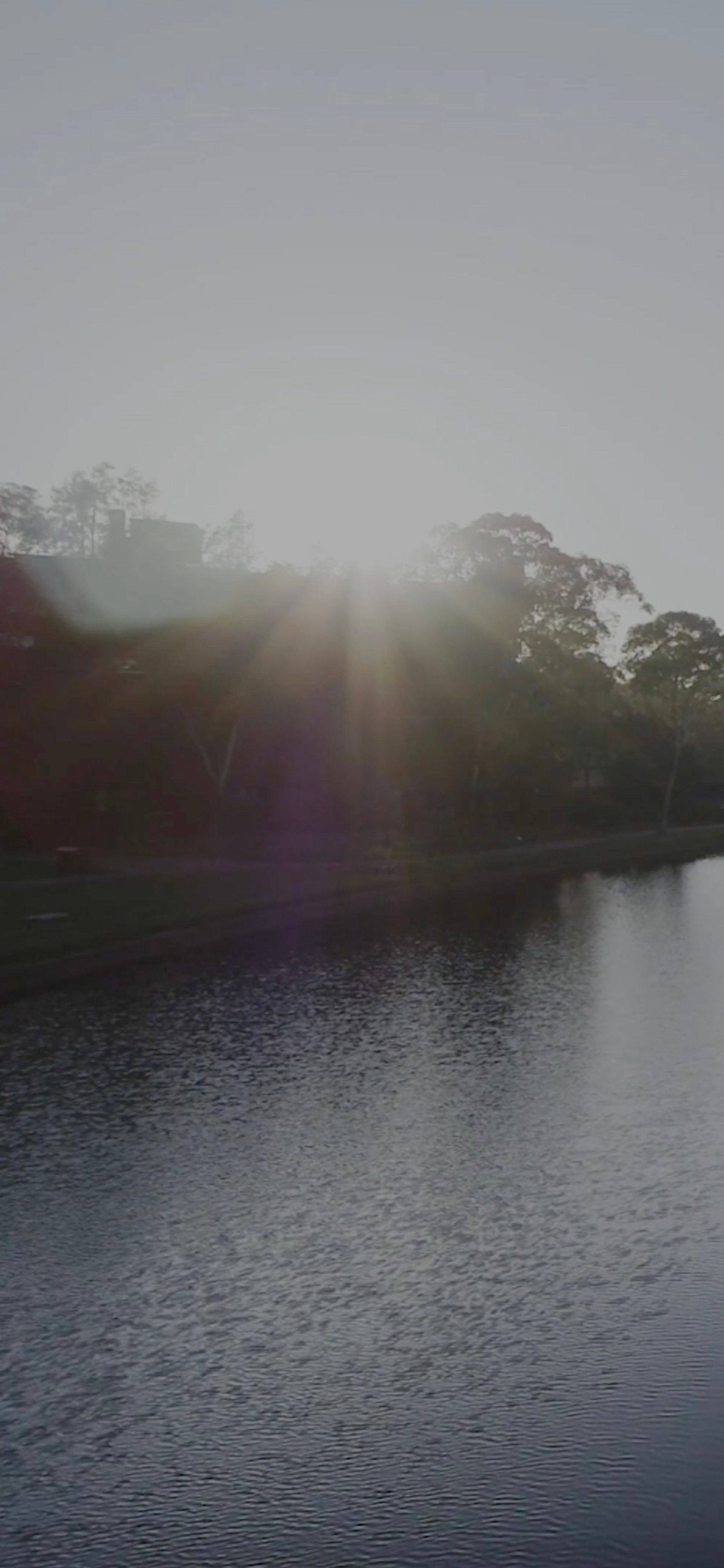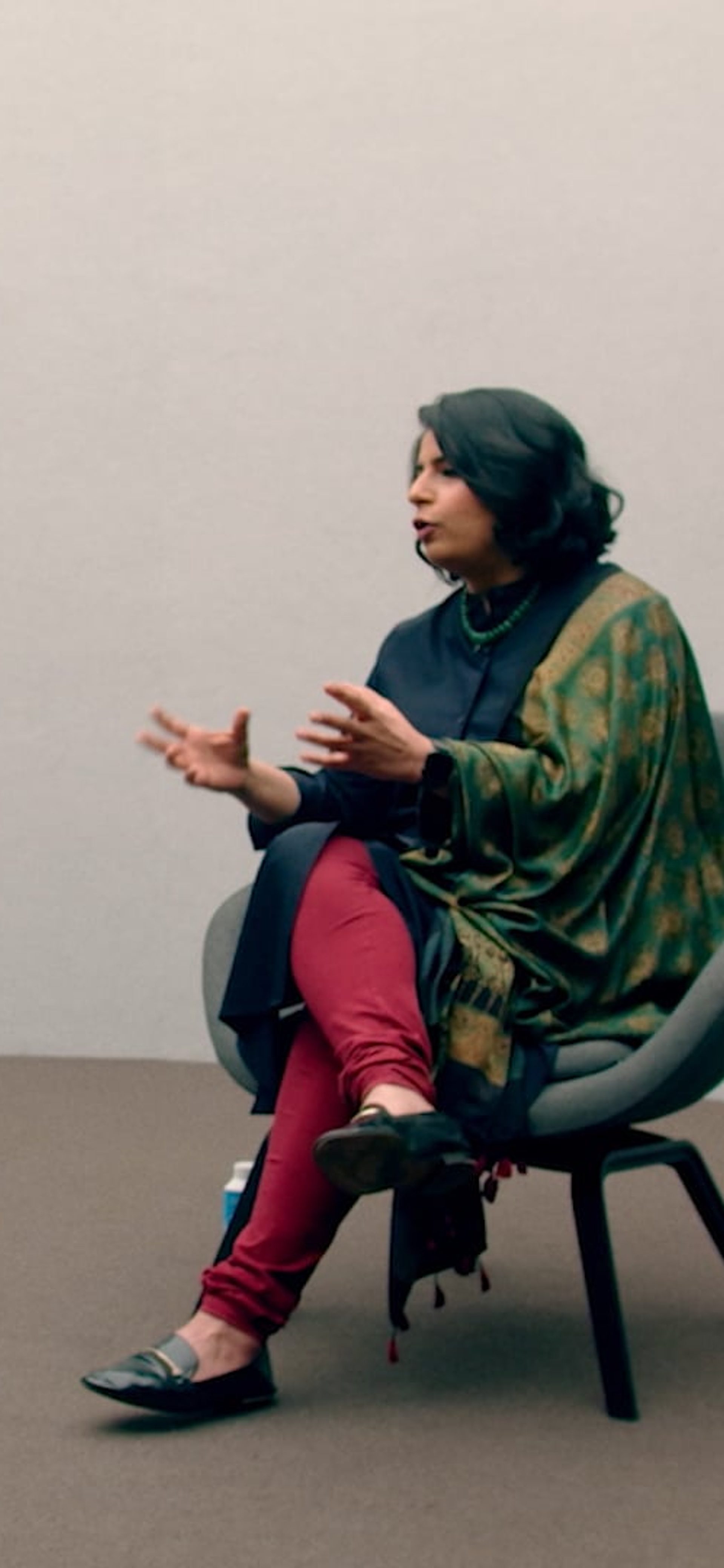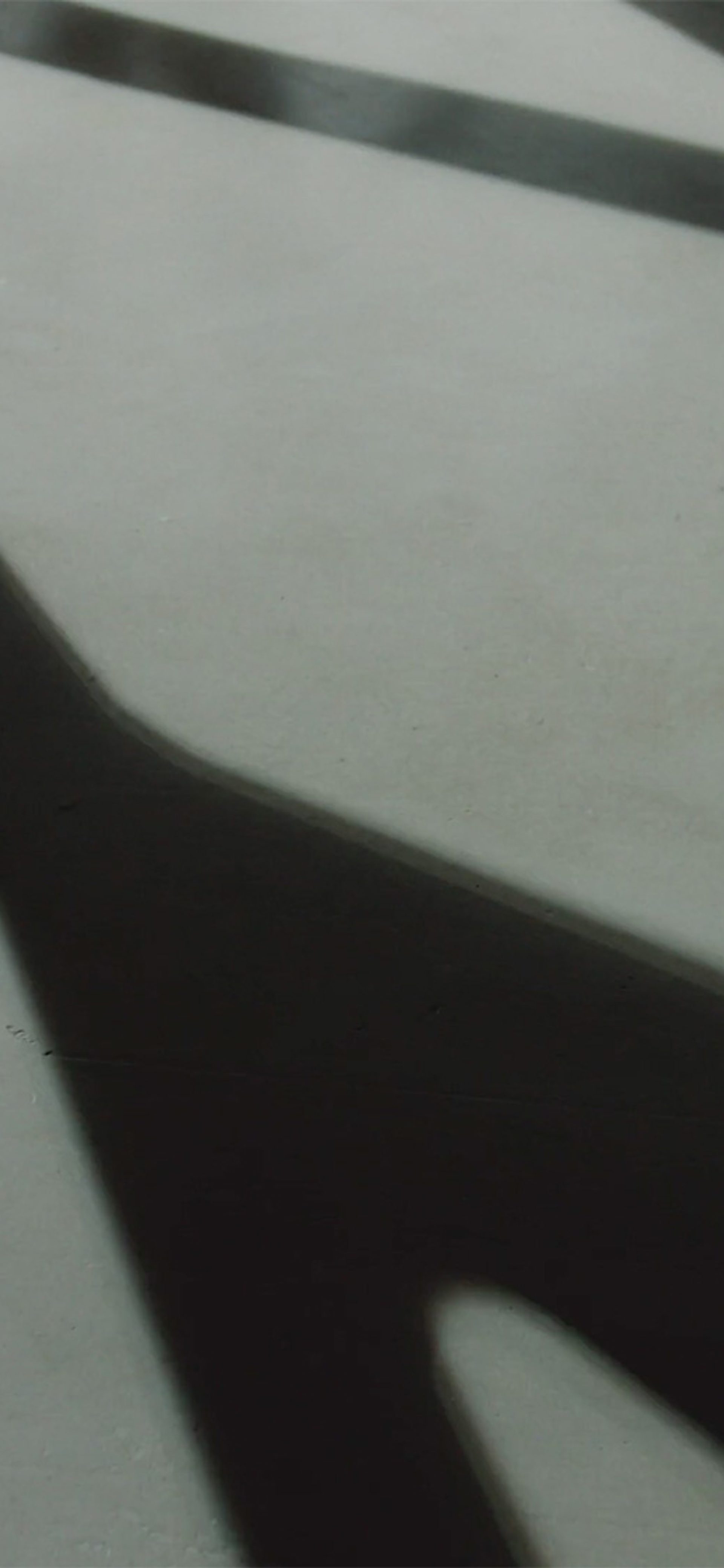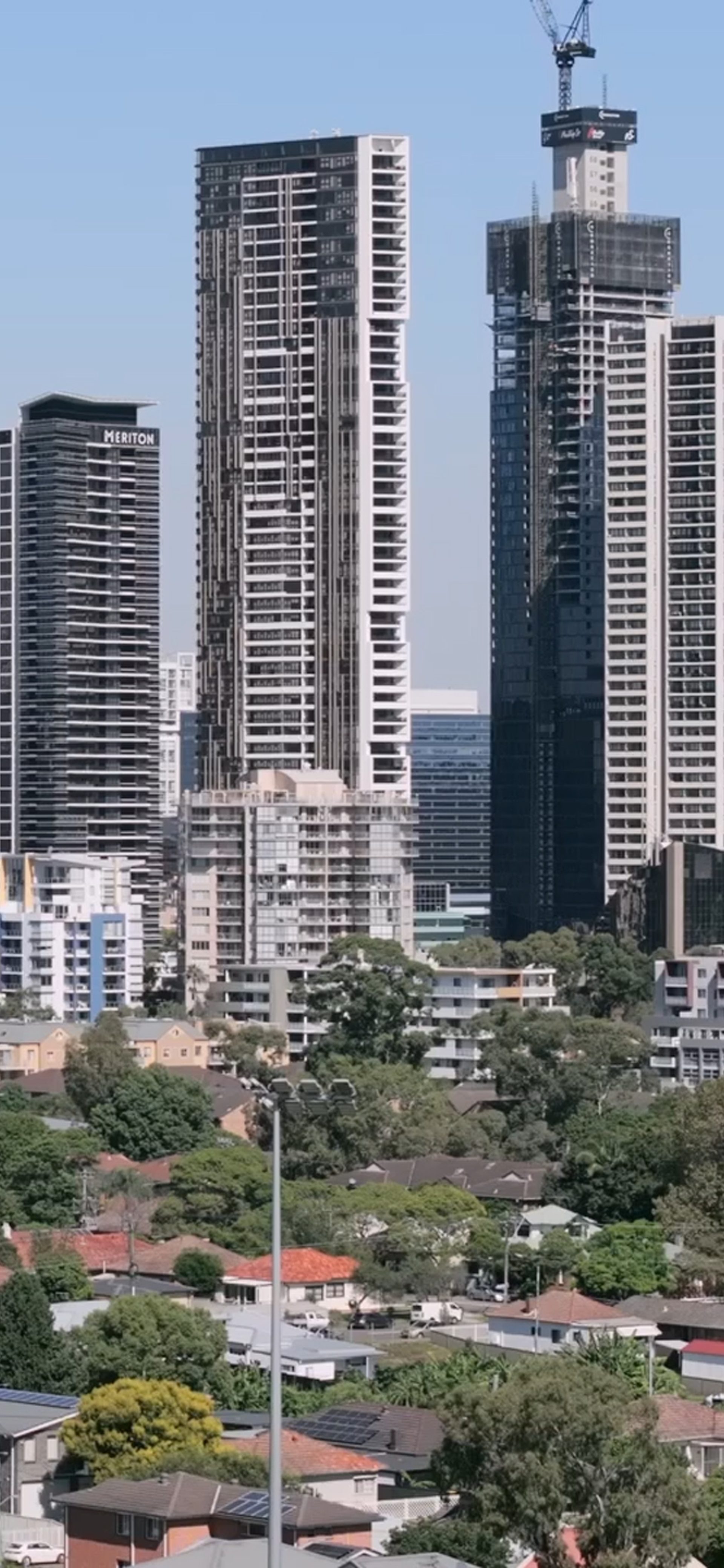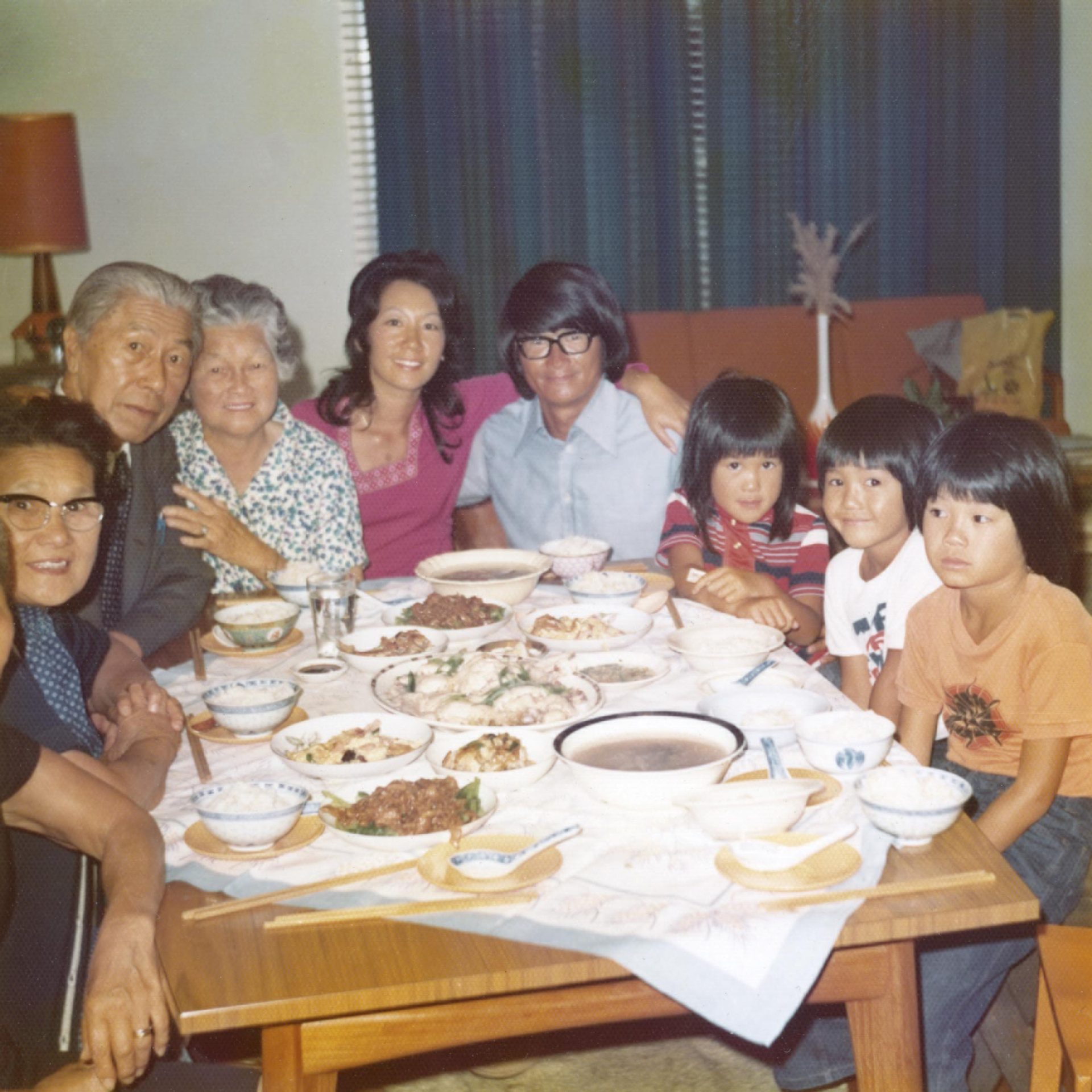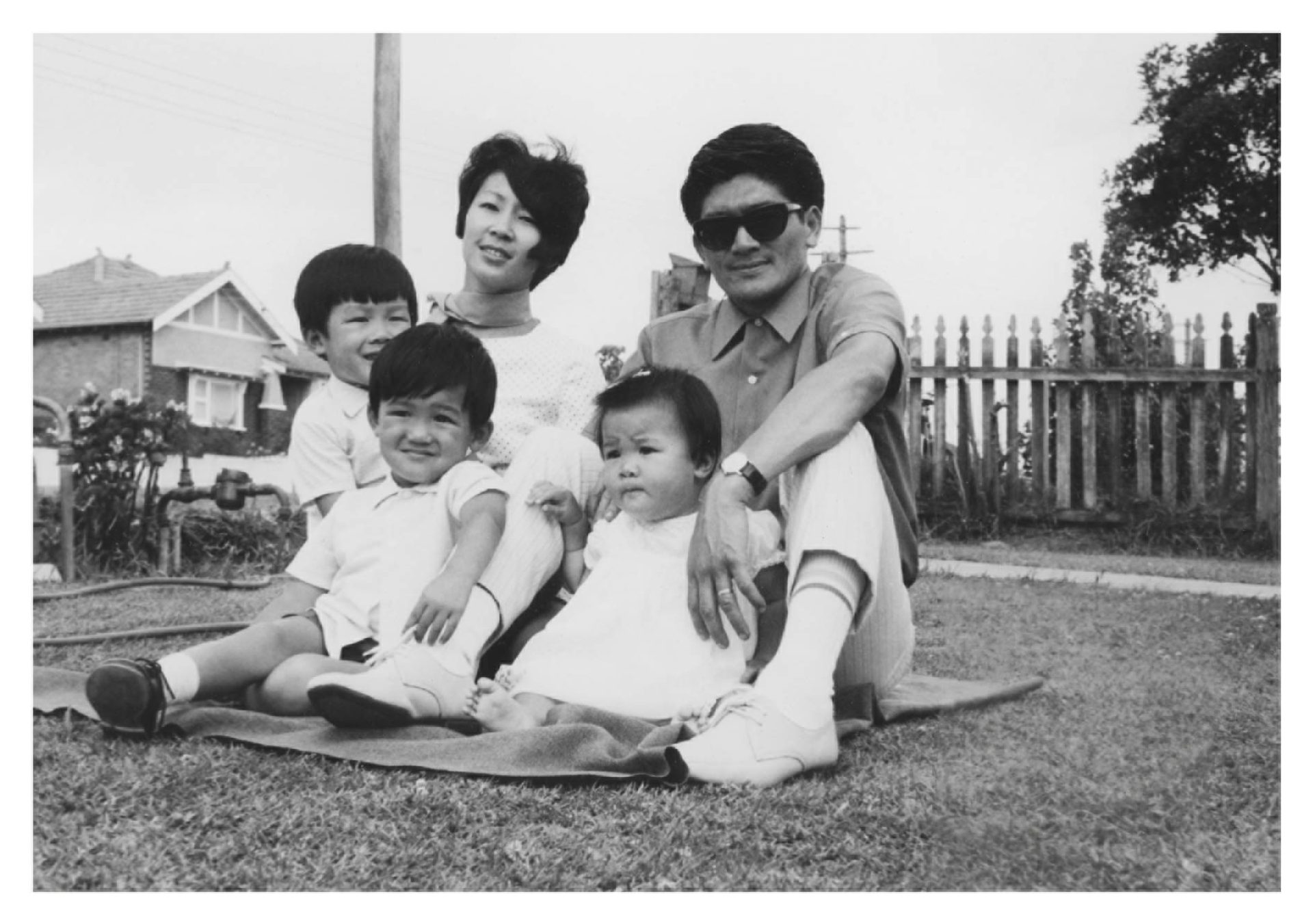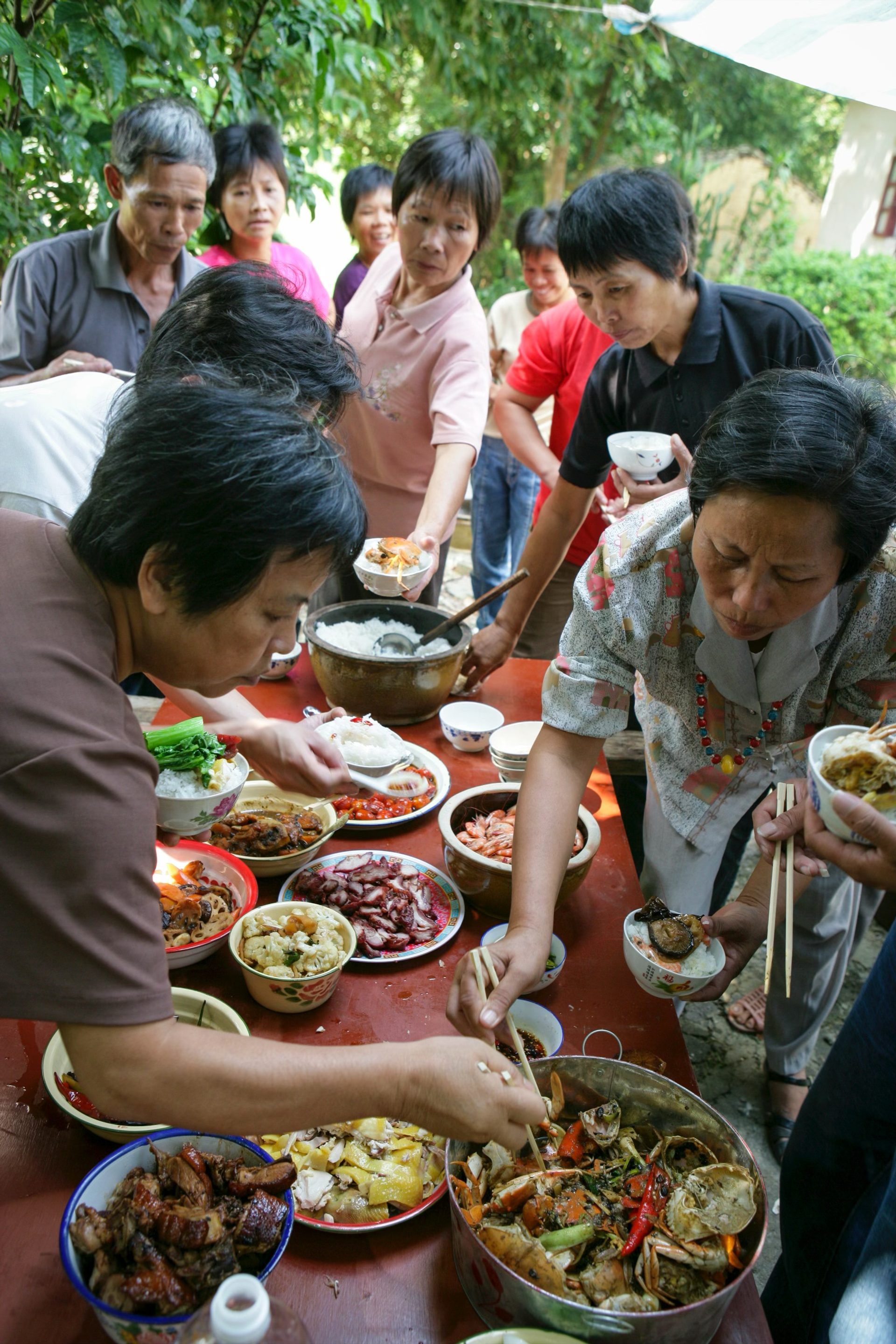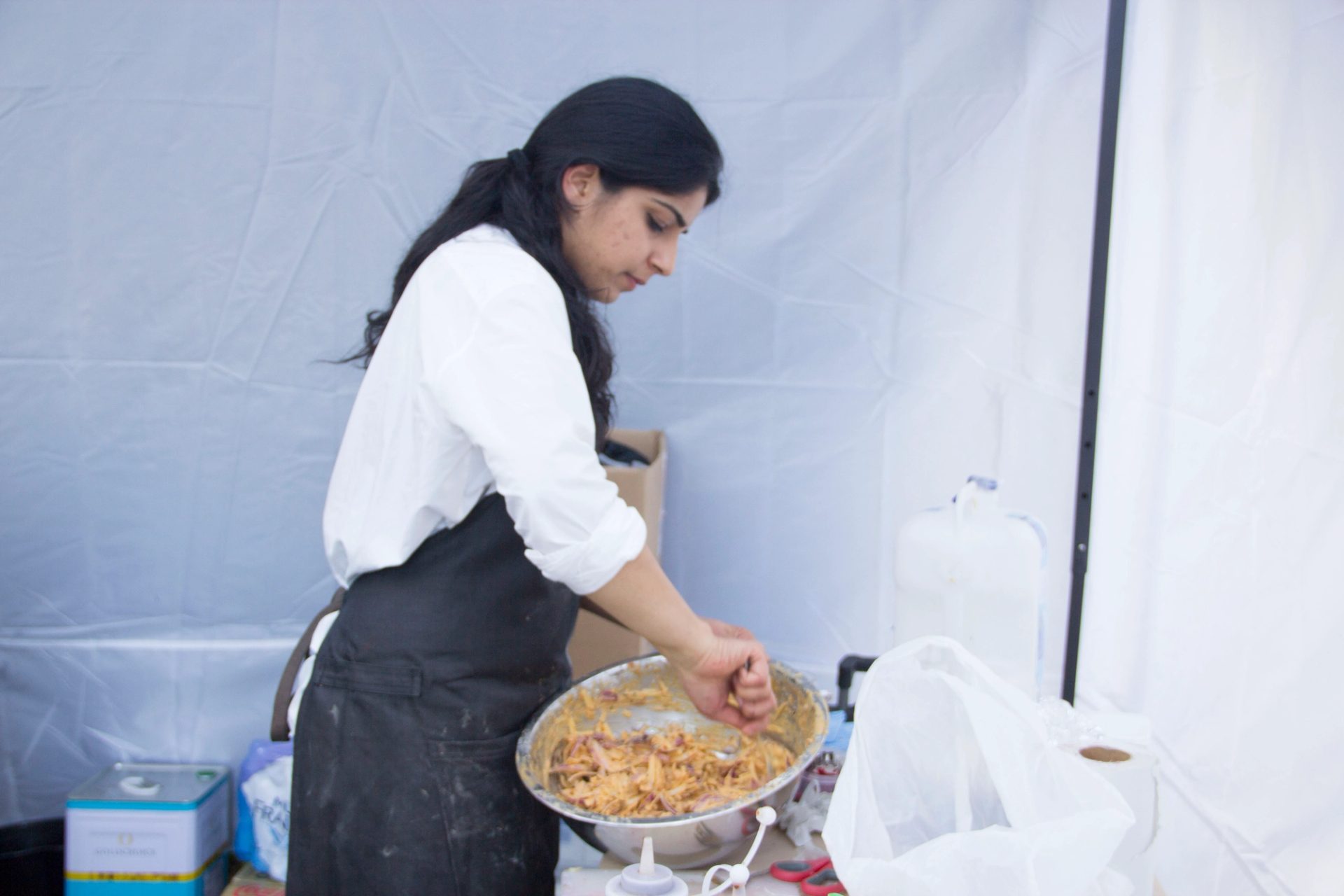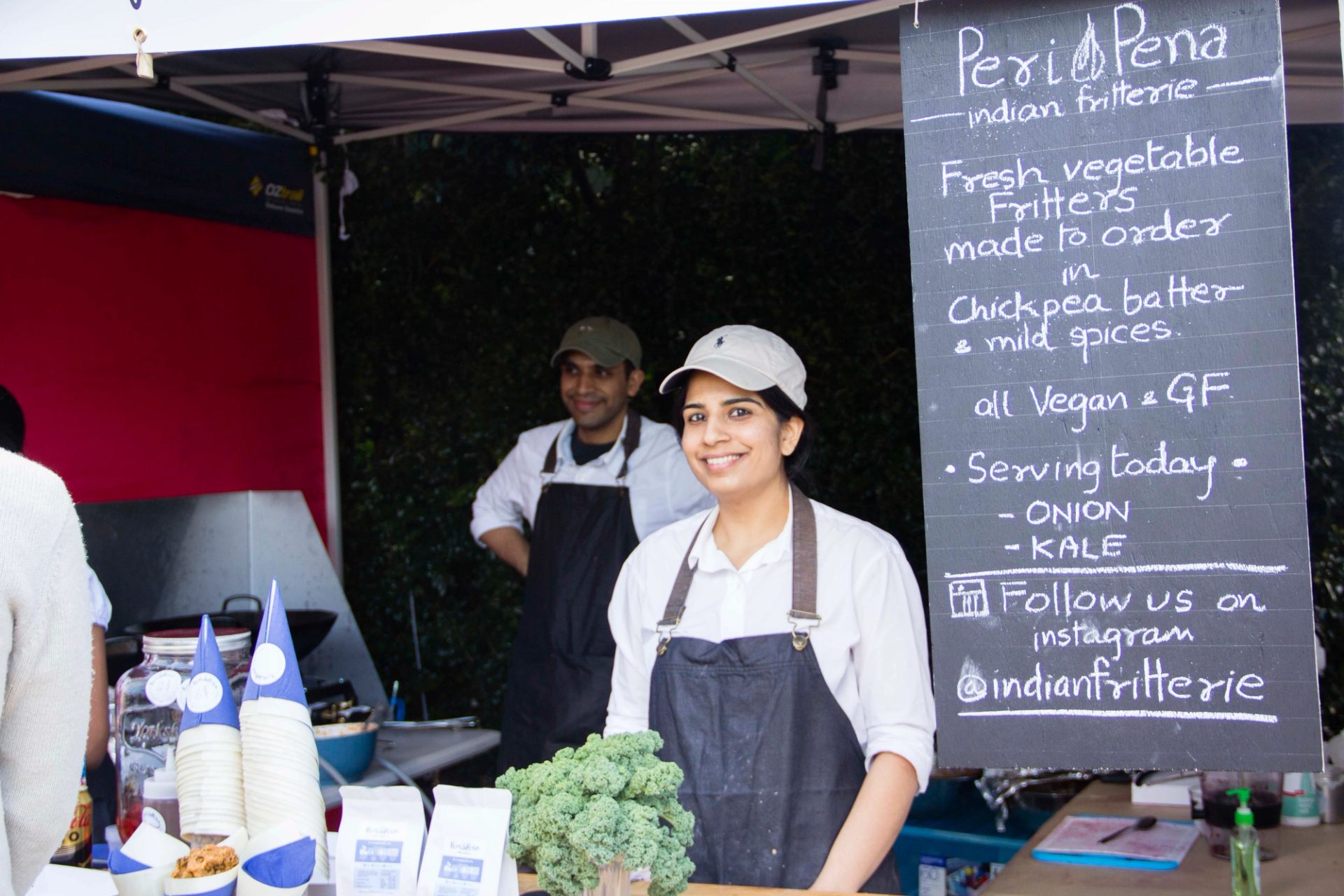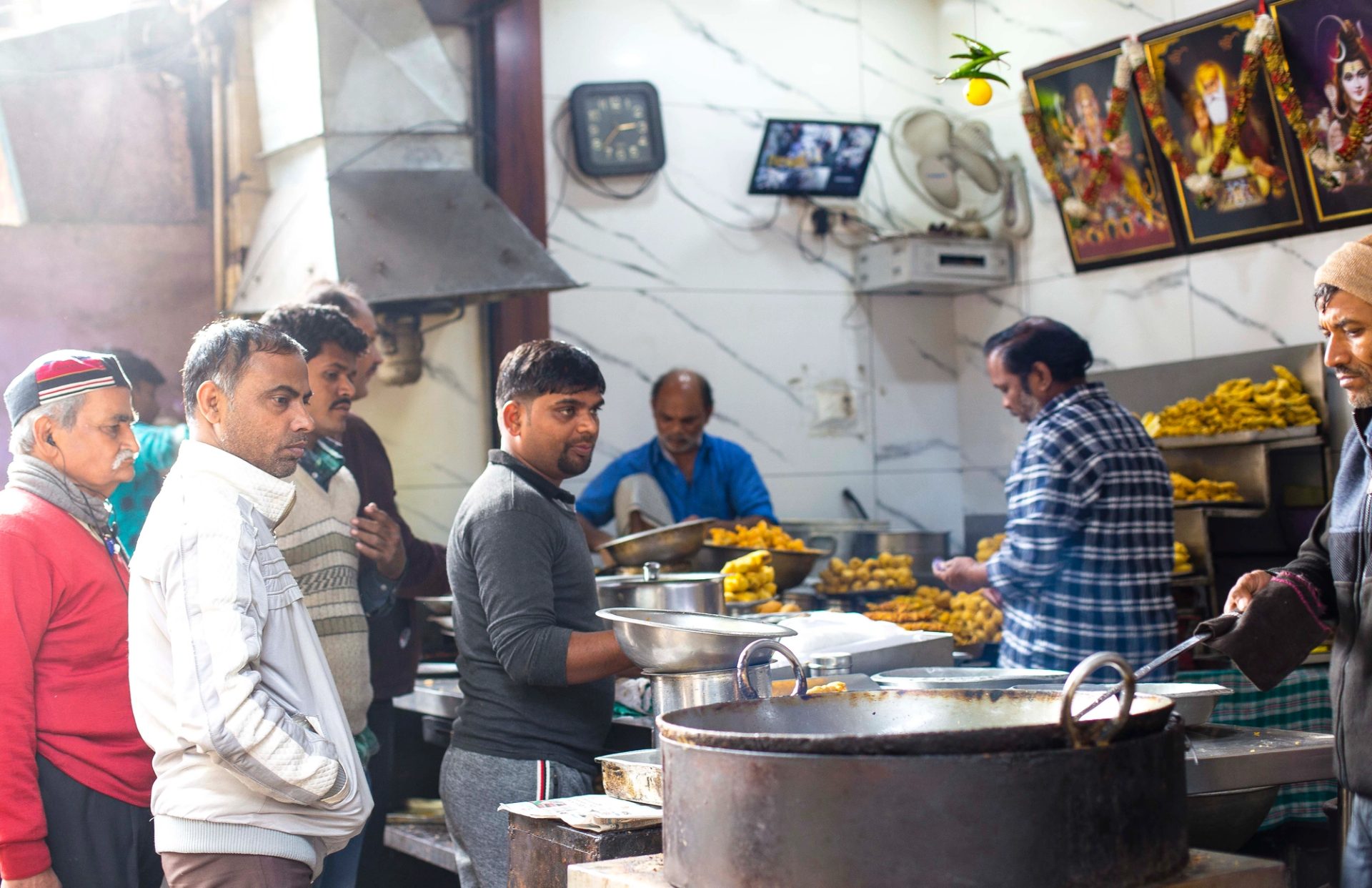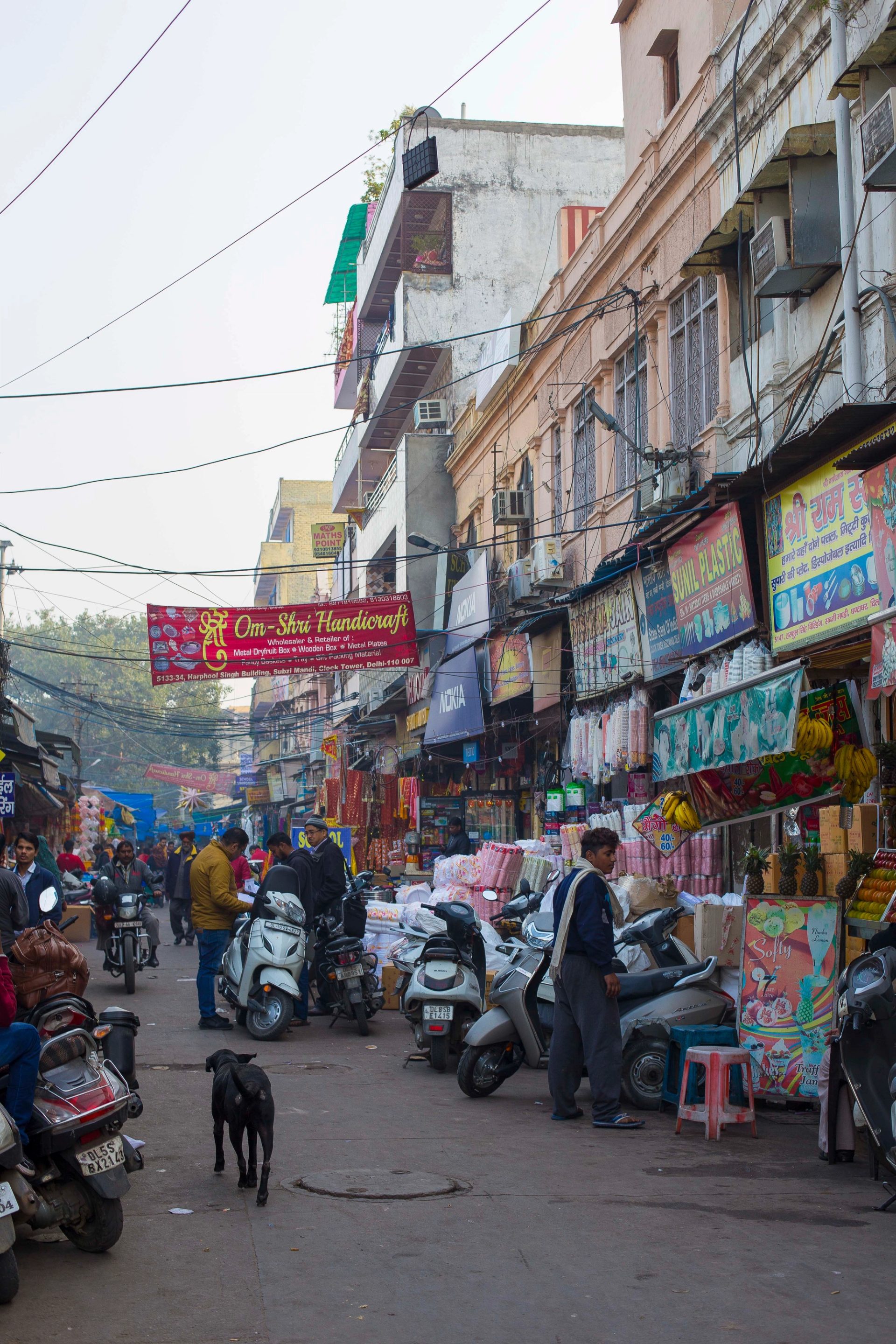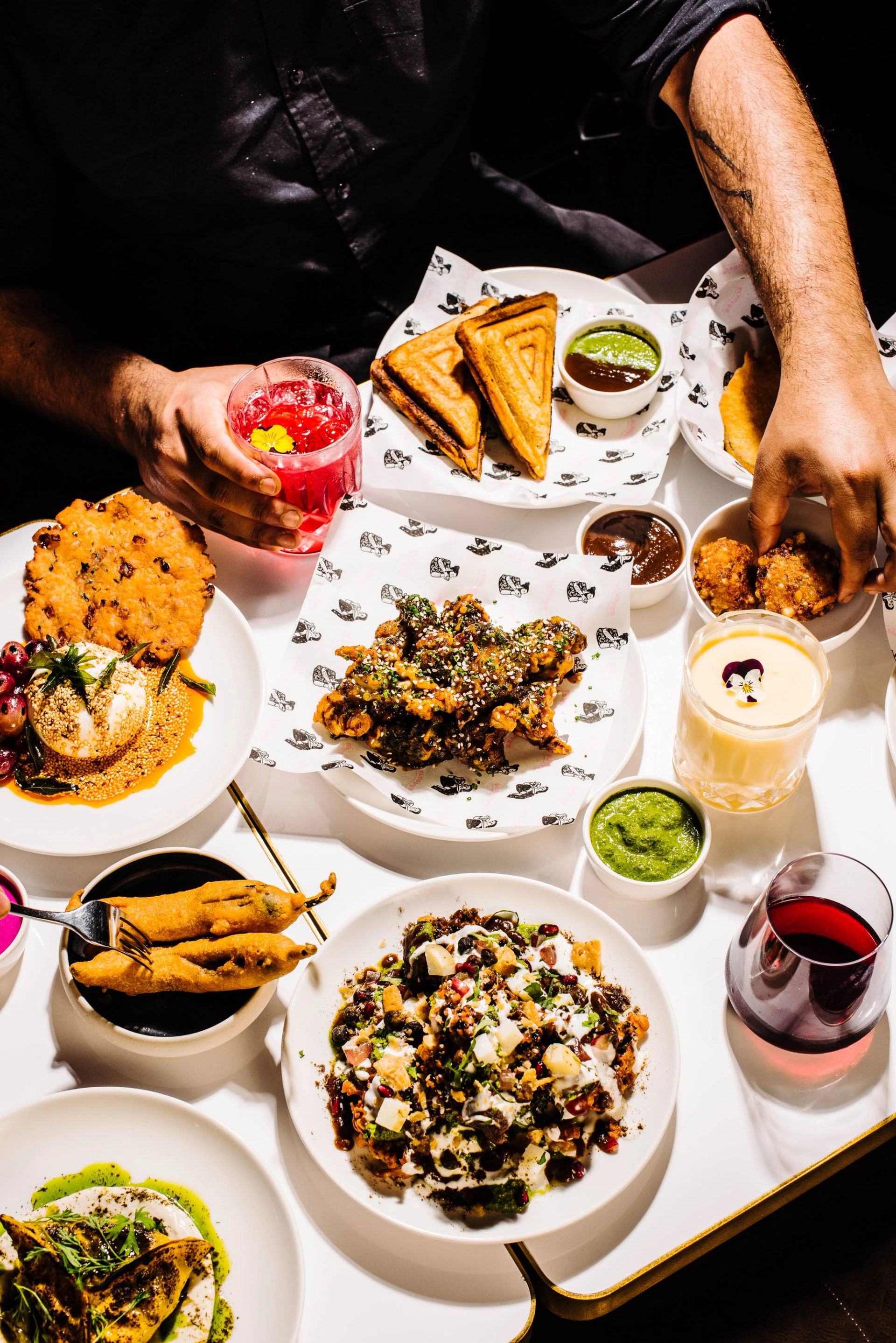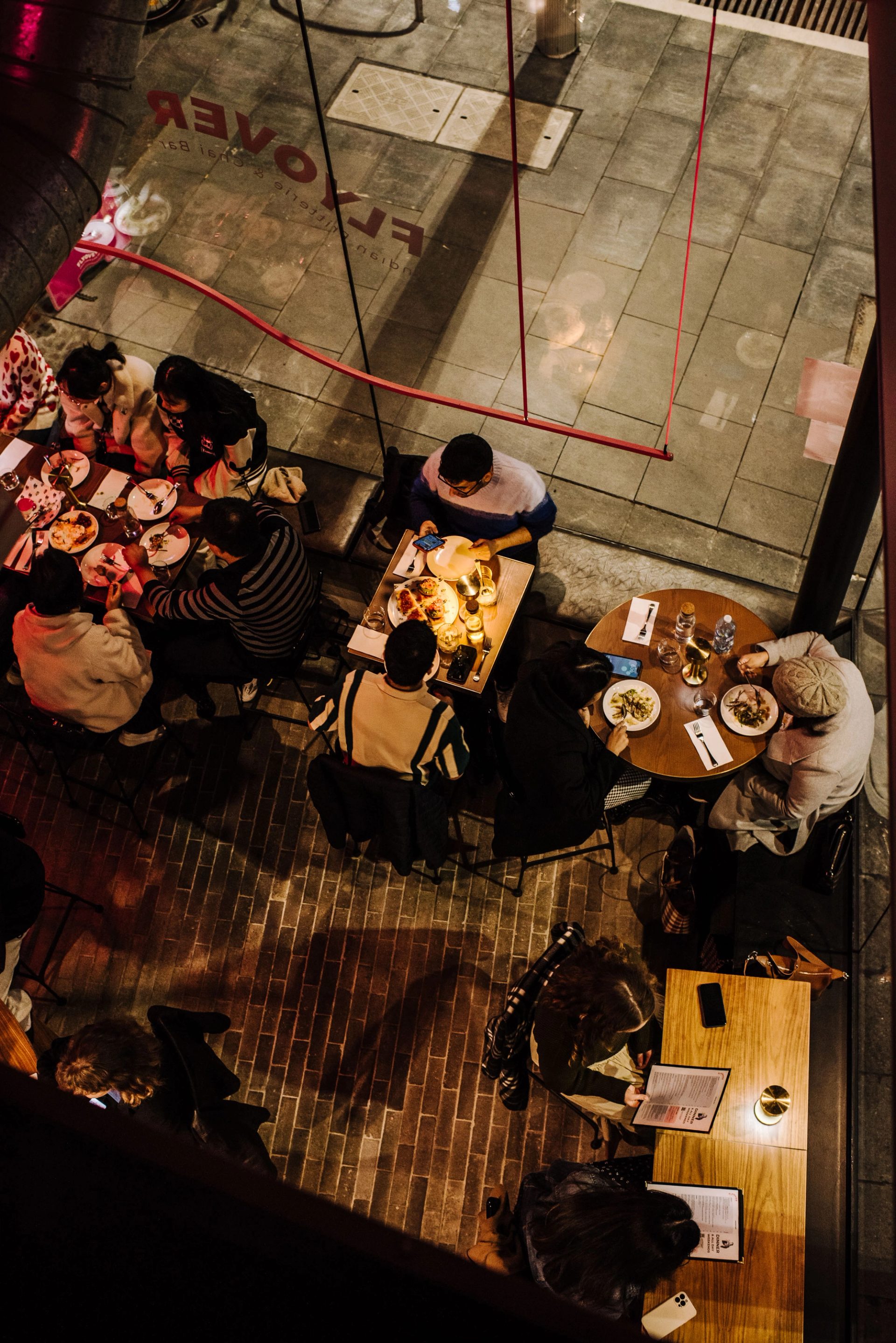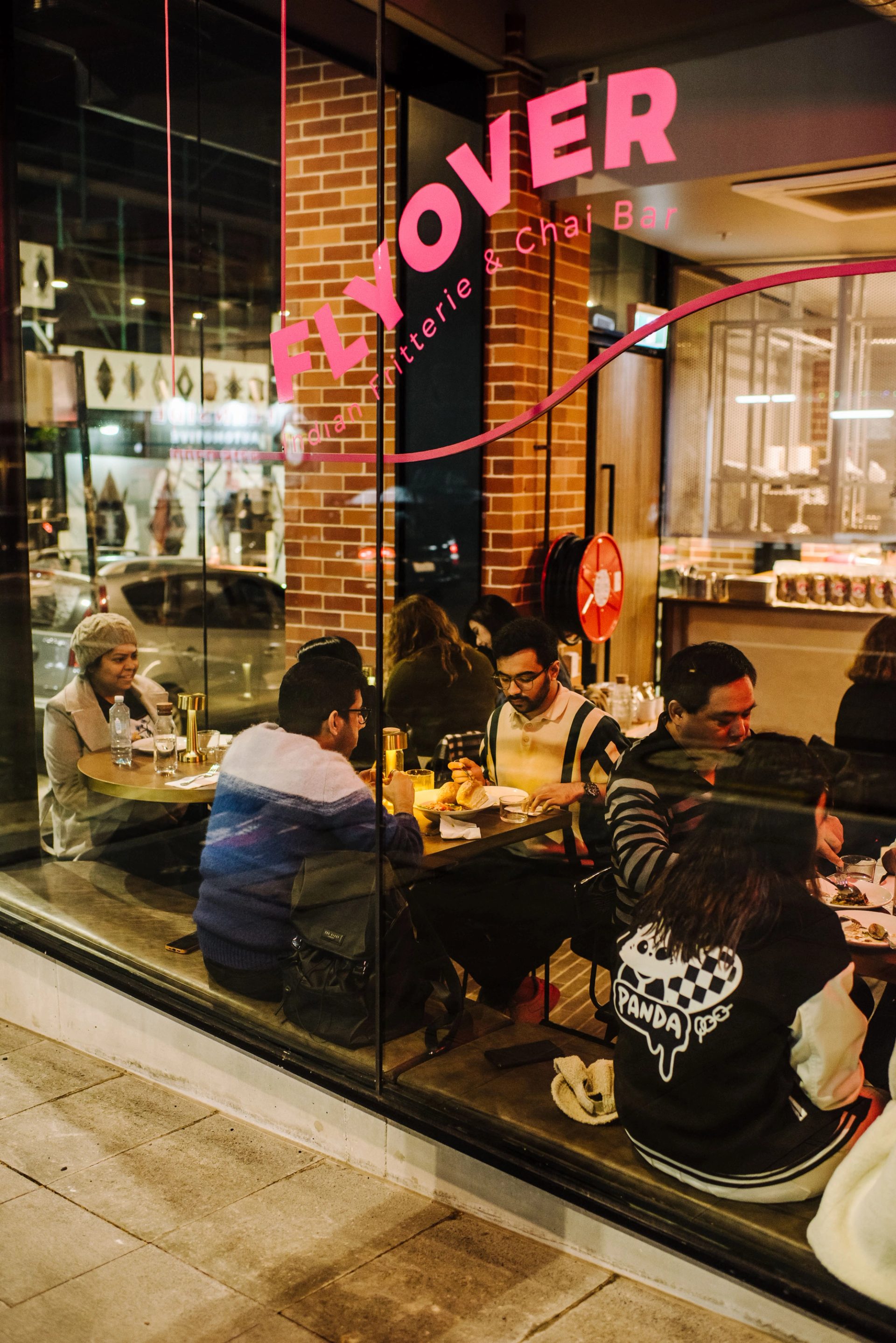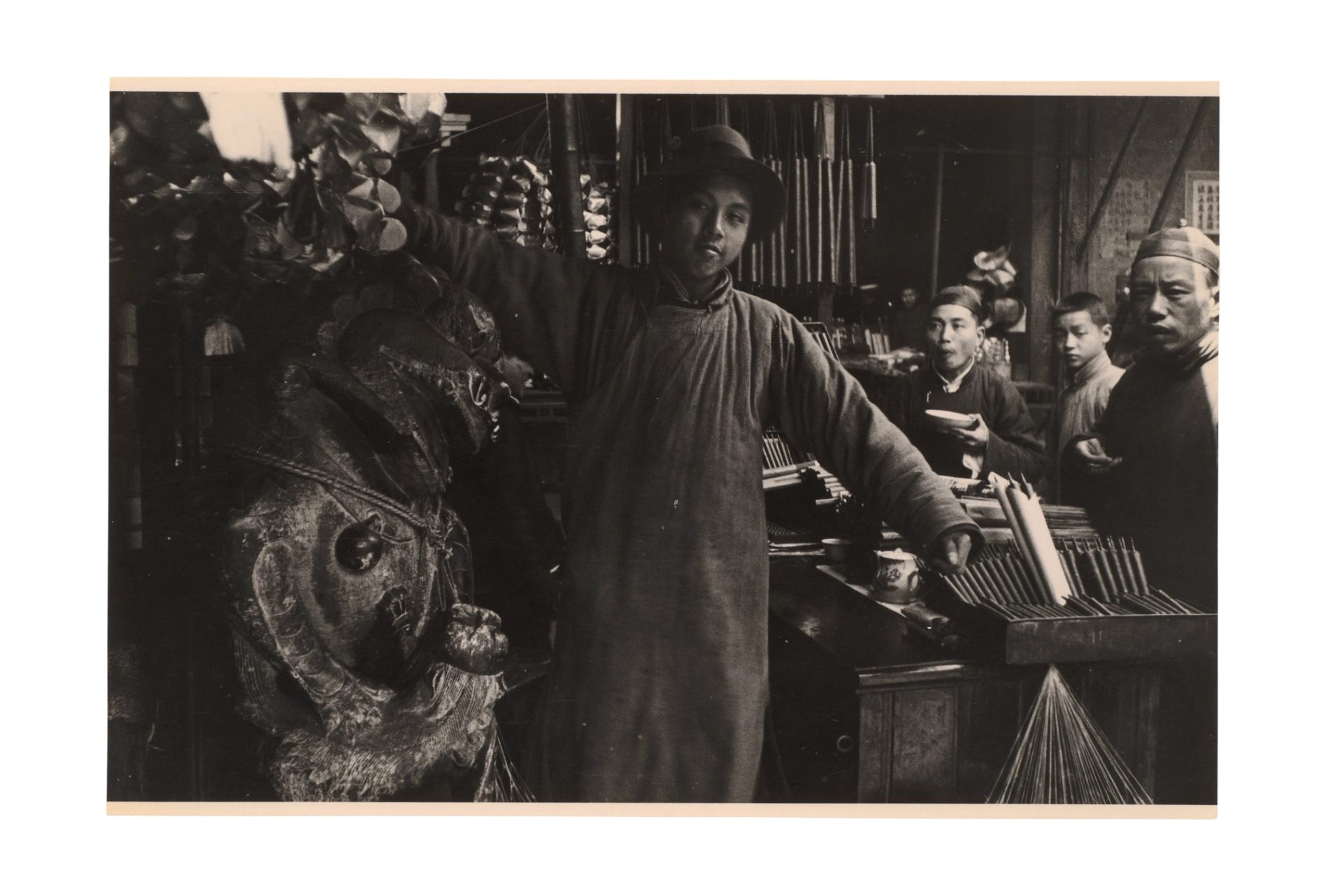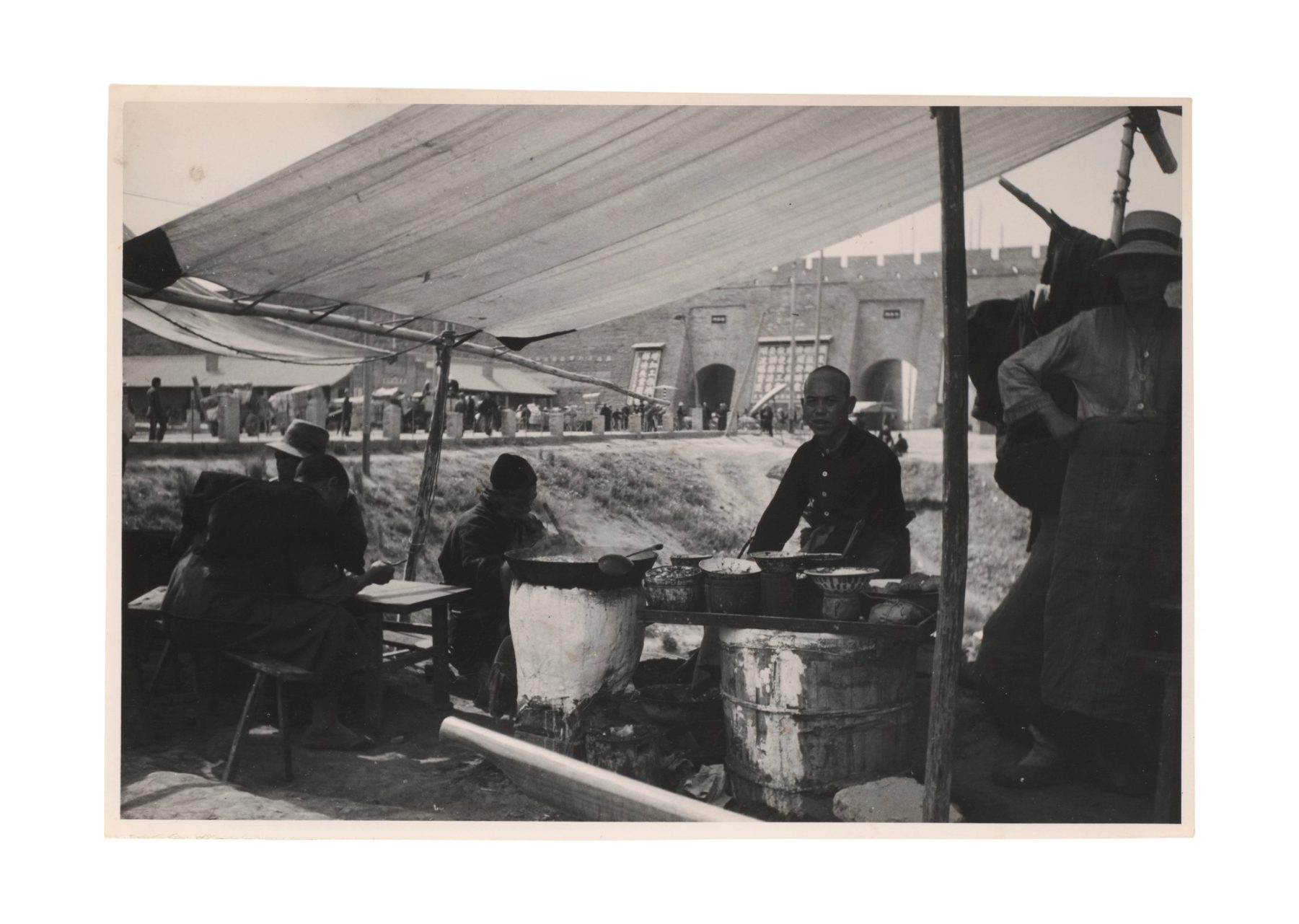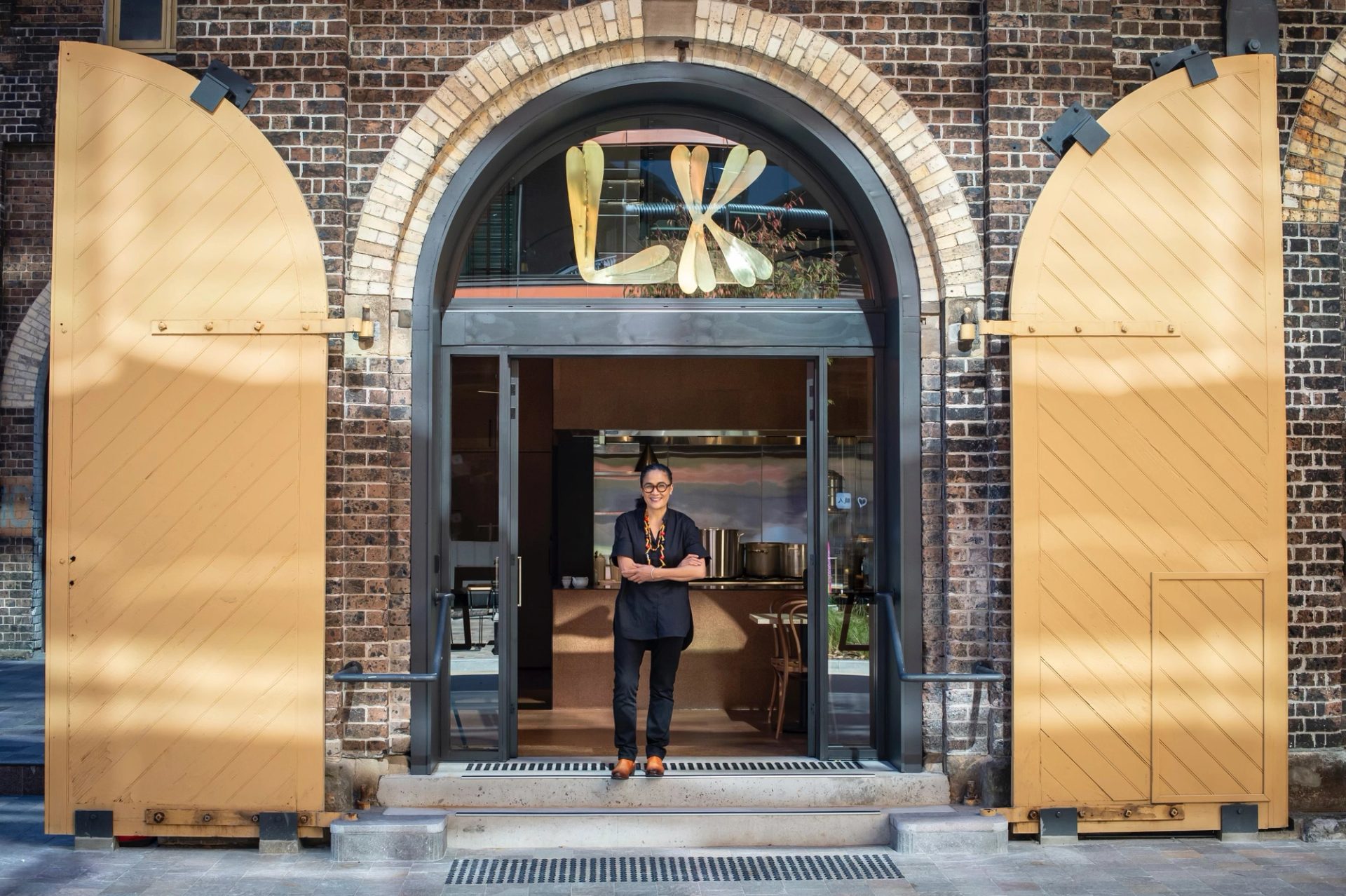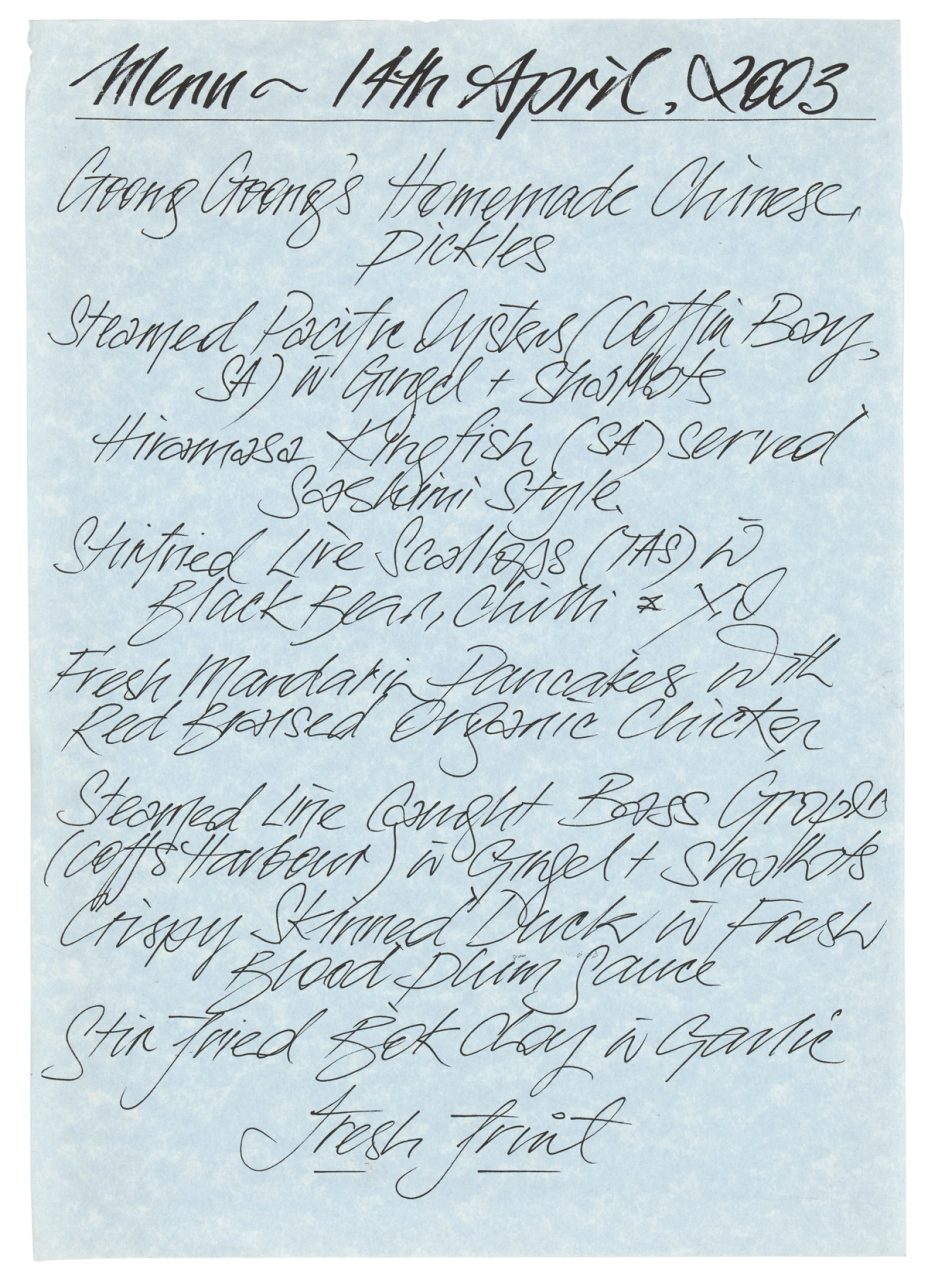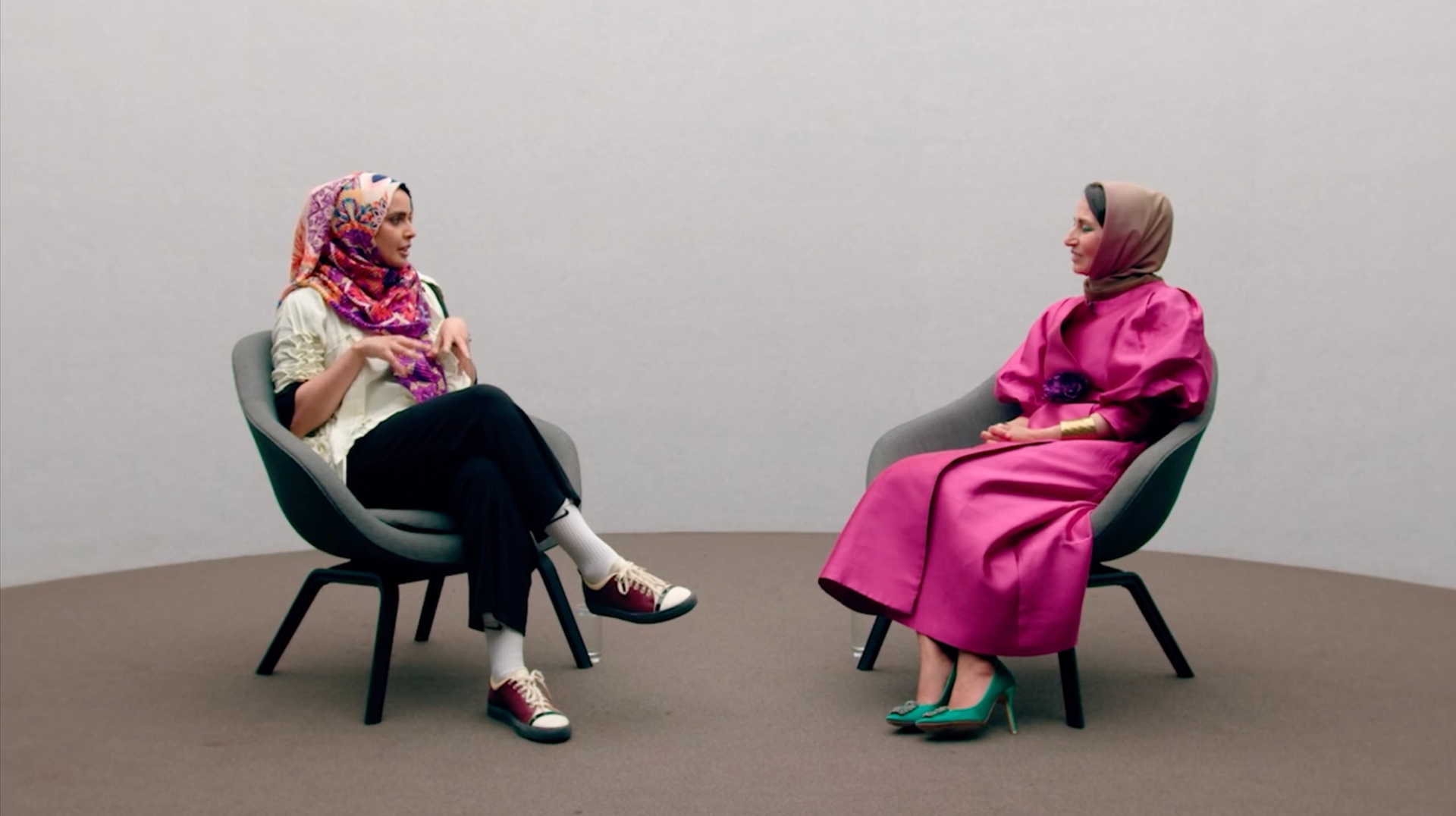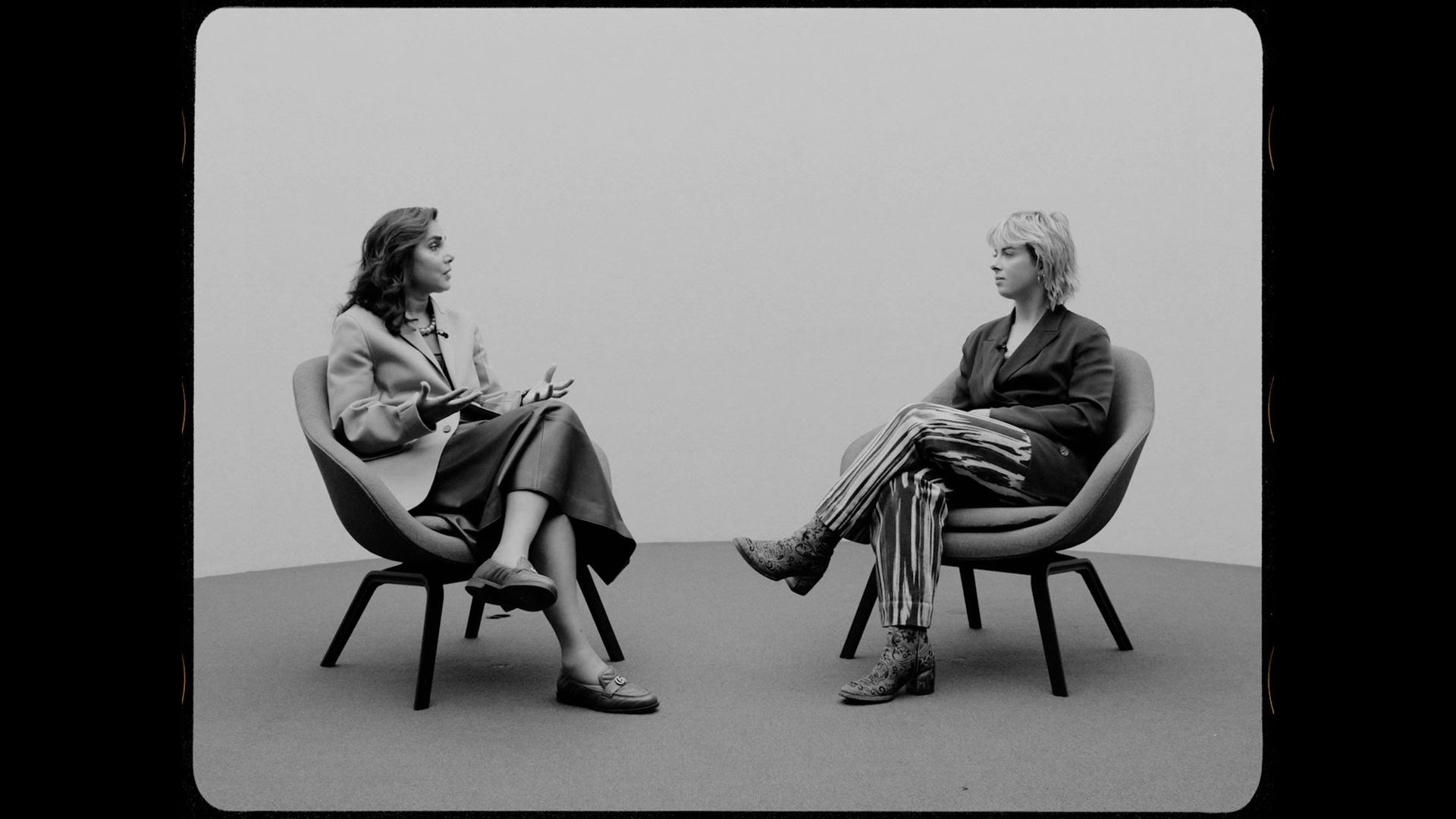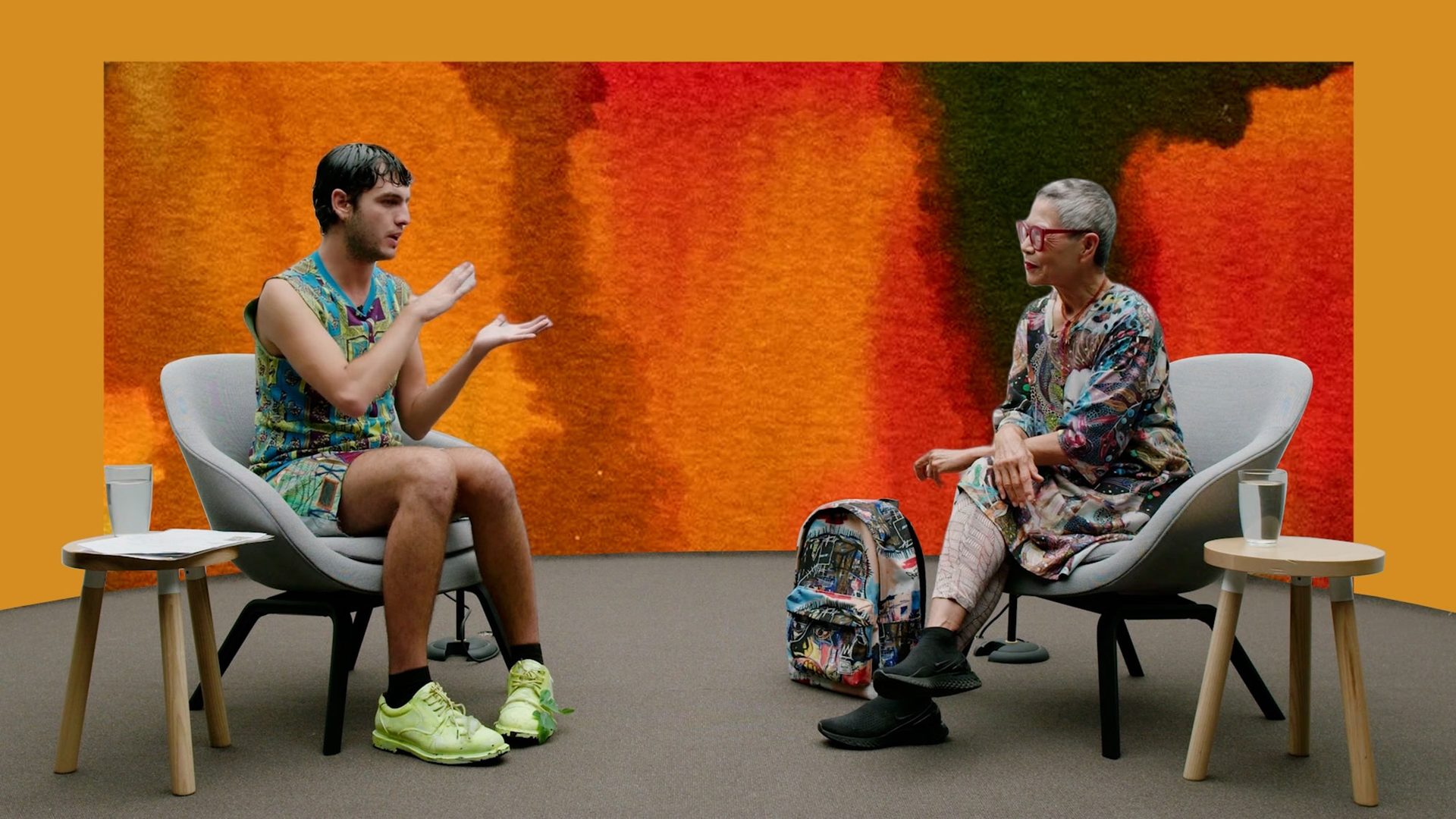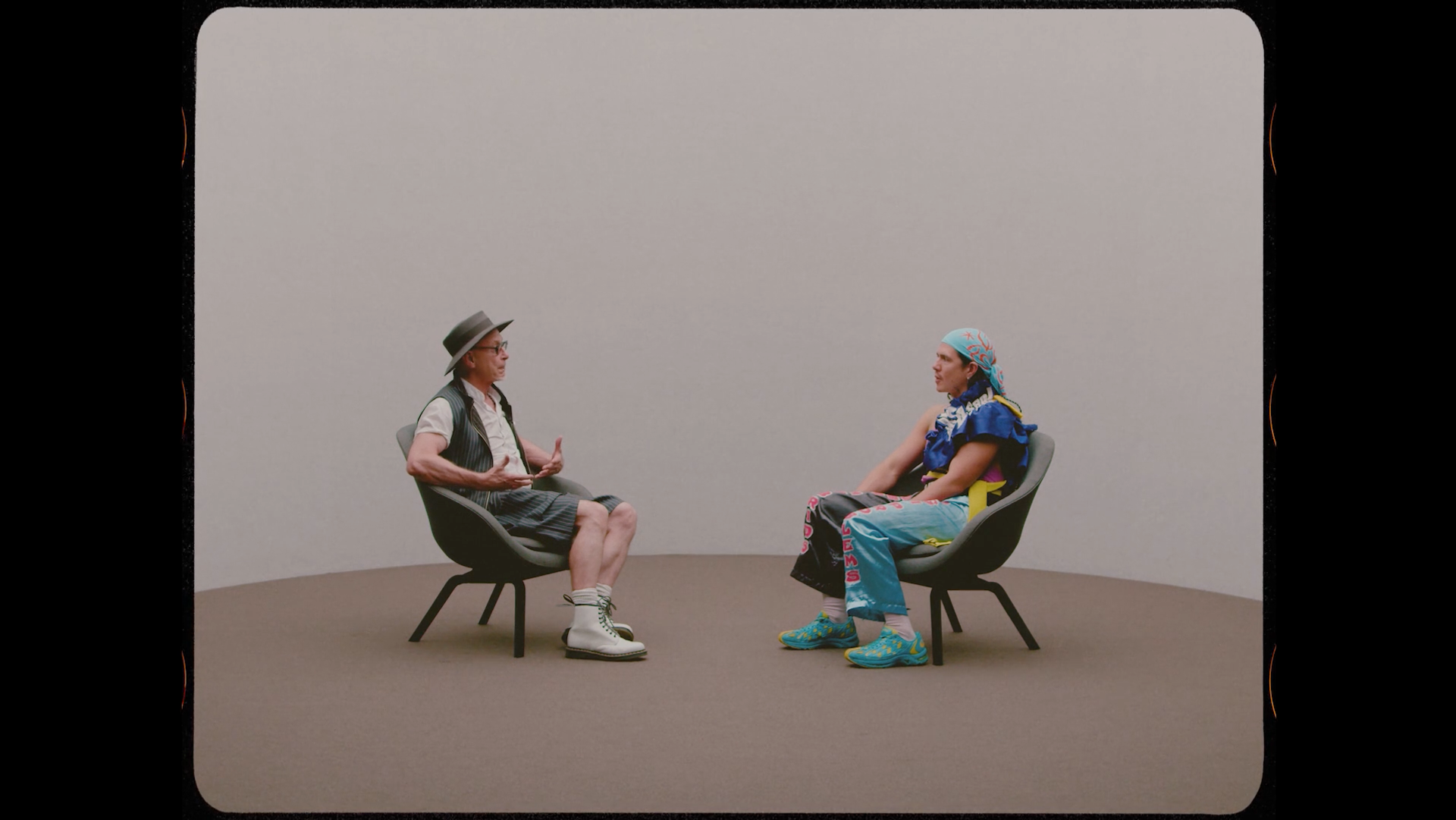Kylie Kwong x Gunjan Aylawadi

‘I think that's the best part of learning from our cultures rather than learning from commercial kitchens. We come from a place where you want not – and you waste not. It's sustainable. You see something growing, you try to cook with it, and you absolutely use every last part of it. It is one of our greatest advantages that we've learned from ancestors who have learned to make use of every last molecule of the soil.’
Chefs Kylie Kwong and Gunjan Aylawadi discuss their unique paths to food-focused careers and the familial influences that sparked their culinary journeys.
Their shared passion for food is deeply rooted in their cultural backgrounds and enriched by their current communities. Both chefs also recognise the significant role of local producers in shaping their culinary perspectives.
Kylie reflects on the importance of exploring new endeavours at this stage of her career after transitioning from her renowned former restaurants Billy Kwong and Lucky Kwong. Gunjan, who is in the early stages of her career as a restaurateur, shares her experiences navigating the challenges and opportunities of migrating to Australia and the importance of building a community around her.
‘They would have big dinner parties for fifteen or sixteen around our table and that’s where I learnt to cook and shop and source beautiful ingredients by my mother’s side.

